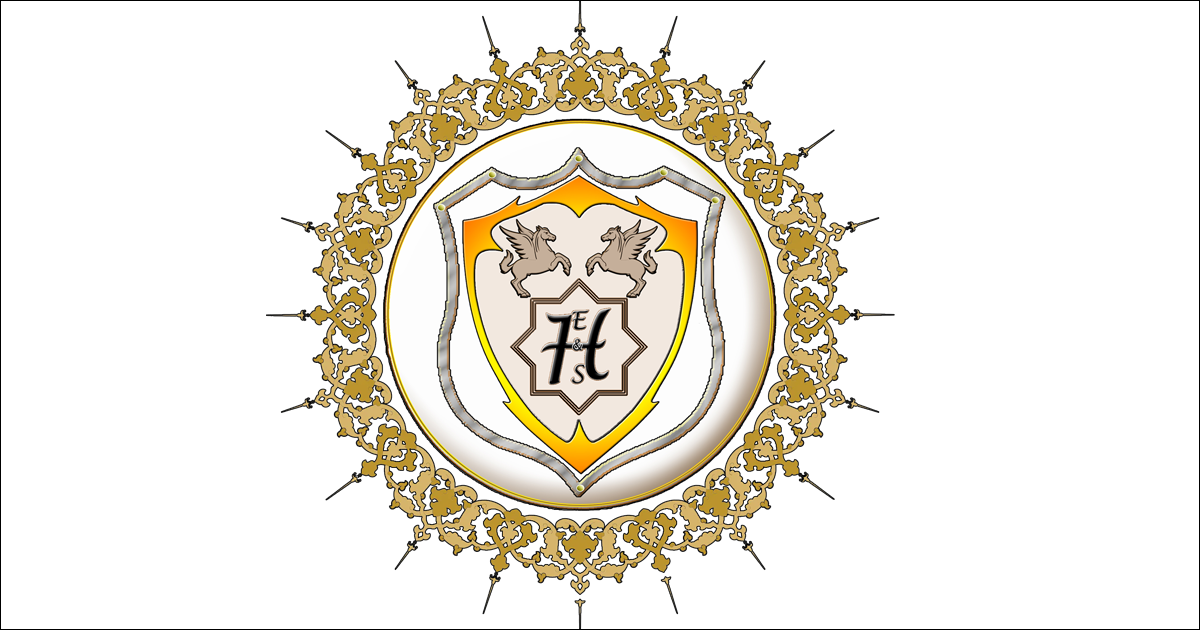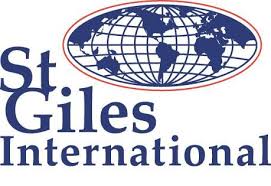Day 1:
Fundamentals of Waste Management
Overview of global waste generation trends and statistics.
Introduction to waste hierarchy: prevention, minimization, reuse, recycling, recovery, disposal.
Key terminology and classification of waste types (e.g., municipal, industrial, hazardous).
Principles of sustainable waste management and their alignment with SDGs.
Day 2:
Regulatory Frameworks and Compliance
Understanding international treaties and national regulations governing waste management.
Best practices for ensuring compliance with legal and safety standards.
Case study: Lessons from successful waste management policies in developed nations.
Tools for monitoring and reporting waste-related KPIs.
Day 3:
Recycling Technologies and Innovations
Overview of mechanical, chemical, and biological recycling processes.
Emerging technologies: AI-driven sorting systems, biodegradable materials, etc.
Challenges and opportunities in scaling up recycling operations.
Group exercise: Evaluating the feasibility of adopting new technologies.
Day 4:
Circular Economy and Resource Optimization
Core principles of circular economy and their application in waste management.
Strategies for extending product lifecycles and reducing material losses.
Role of extended producer responsibility (EPR) in promoting accountability.
Workshop: Developing a circular economy roadmap for a hypothetical organization.
Day 5:
Community Engagement and Future Trends
Techniques for fostering public awareness and participation in recycling efforts.
Importance of collaboration between governments, businesses, and citizens.
Predictions for the future of waste management: smart cities, blockchain, etc.
Final project presentation: Presenting actionable waste management plans.























































